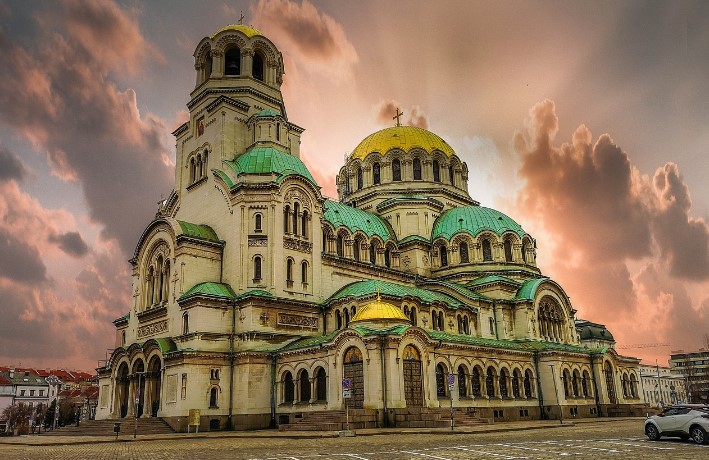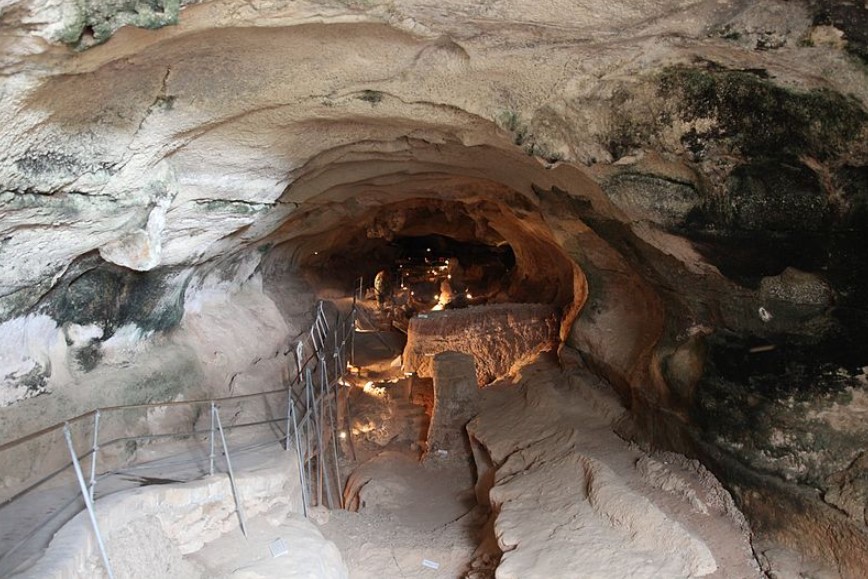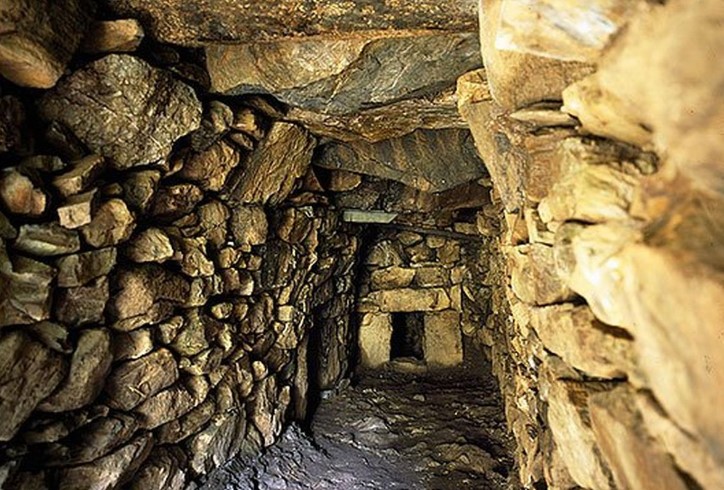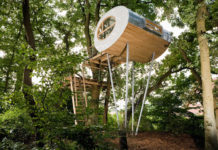Bulgaria Travel Guide
Welcome to Bulgaria, a beautiful country located in Eastern Europe. Whether you’re an adventure seeker, history enthusiast, or nature lover, Bulgaria has something to offer for everyone. In this travel guide, provided by Boiana MG, we’ll give you essential information and tips to make your visit to Bulgaria a memorable one.

Geography and Location
Bulgaria is situated in Southeastern Europe, bordered by Romania to the north, Serbia and North Macedonia to the west, Greece and Turkey to the south, and the Black Sea to the east. The country boasts diverse landscapes, including breathtaking mountains such as the Balkans and the Rhodope Mountains, golden sandy beaches along the Black Sea coast, and picturesque plains in the central part of the country. Whether you’re interested in hiking, skiing, or simply enjoying the beauty of nature, Bulgaria offers a variety of options.
Climate and Weather
Bulgaria experiences a diverse climate due to its geographical location. In the coastal regions, you’ll find a pleasant Mediterranean climate with hot summers and mild winters. Inland, the climate is more continental, characterized by hot summers and cold winters. The mountainous regions have a colder climate, with heavy snowfall during the winter months, making it an ideal destination for winter sports enthusiasts.
Visa and Travel Requirements
Before traveling to Bulgaria, it’s important to check the visa requirements for your country of residence. Citizens from the European Union, the United States, Canada, Australia, and many other countries can enter Bulgaria without a visa for stays up to 90 days within a six-month period. However, it’s always advisable to double-check the latest visa regulations to ensure a smooth entry into the country.
Currency and Exchange Rates
The official currency of Bulgaria is the Bulgarian Lev (BGN). It’s recommended to exchange your currency for Bulgarian Lev upon arrival for convenience. You can exchange money at banks, exchange offices, or withdraw cash from ATMs, which are widely available throughout the country. It’s always a good idea to compare exchange rates and fees to get the best value for your money.
Language and Communication
The official language of Bulgaria is Bulgarian, a South Slavic language. While Bulgarian may seem challenging to non-speakers, you’ll find that many Bulgarians, especially in tourist areas, speak English. In larger cities and popular tourist destinations, you’ll encounter fluent English speakers, making communication easier. Learning a few basic Bulgarian phrases can also be helpful and appreciated by the locals.
Cultural Etiquette
When visiting Bulgaria, it’s essential to respect the local customs and traditions. Bulgarians are known for their warm hospitality and friendliness. It’s customary to greet people with a handshake, and it’s polite to address them using their titles and last names. In more informal settings, Bulgarians may greet each other with a hug or a kiss on the cheek. It’s also common to bring a small gift when visiting someone’s home.
Transportation
Getting around Bulgaria is relatively easy, thanks to the country’s well-developed transportation system. Sofia, the capital city, has an efficient public transportation network, including buses, trams, and a metro system. Taxis are also readily available, but it’s advisable to use licensed taxis and insist on using the meter. For exploring other parts of the country, you can rely on trains, buses, or car rentals, depending on your preferences and itinerary.
Plenty of Accommodation Options
Bulgaria offers a wide range of accommodation options to suit every traveler’s needs and budget. In larger cities like Sofia, you’ll find luxury hotels, boutique guesthouses, and serviced apartments. Popular tourist destinations and coastal resorts offer a variety of beachfront hotels, all-inclusive resorts, and holiday villas. If you prefer a more authentic experience, consider staying in traditional guesthouses or eco-friendly accommodations in rural areas.
Unveiling Enigmatic Travel Destinations
Embark on an extraordinary voyage to Bulgaria, an intriguing land that beckons with its multifaceted allure. Delve into the depths of its captivating attractions, where each corner unravels a new facet of its charm. Behold Sofia, the resplendent capital, adorned with awe-inspiring architectural wonders like the iconic Alexander Nevsky Cathedral and the National Palace of Culture.
Traverse the ancient city of Plovdiv, where echoes of history resonate through its well-preserved Roman amphitheater. Then, venture towards the alluring town of Bansko, a gateway to the majestic Pirin Mountains and a haven for skiing enthusiasts seeking exhilarating thrills amidst breathtaking landscapes.
Gastronomic Delights and Epicurean Adventures
Prepare to tantalize your taste buds with Bulgarian cuisine, a delectable fusion of Balkan, Mediterranean, and Ottoman influences. Embark on a culinary odyssey and savor the renowned “shopska salad,” a refreshing medley of tomatoes, cucumbers, onions, and feta cheese. Indulge in the sumptuous “banitsa,” a pastry that oozes with flavorsome fillings of cheese or spinach. And do not miss the opportunity to relish the famed Bulgarian yogurt, celebrated for its exquisite taste and inherent health benefits. Immerse yourself in the vibrant dining scene, where a multitude of restaurants awaits, offering both traditional Bulgarian fare and international gastronomy.
Ensuring Your Safety and Well-being
While Bulgaria typically embraces visitors with open arms, it is prudent to remain vigilant and prioritize your safety for a seamless sojourn. Arm yourself with these essential safety tips:
-
Exercise caution against the threat of pickpocketing, especially in bustling tourist hotspots and public transport hubs. Safeguard your valuables diligently while maintaining awareness of your surroundings.
-
Avoid traversing unfamiliar or dimly lit areas alone, particularly during nocturnal hours.
-
Observe and respect local laws, and regulations, as well as cultural norms and customs to foster harmony and appreciation.
-
Prioritize your well-being during outdoor activities and explorations of natural landmarks. Adhere to safety guidelines and equip yourself with appropriate gear to ensure a secure experience.
-
Stay abreast of current events and remain informed about potential travel advisories issued by your home country’s embassy or consulate.
Shopping Therapy and Memorable Keepsakes
Prepare to immerse yourself in a shopping extravaganza like no other, as Bulgaria unveils a myriad of products and souvenirs to enchant you. Discover the artistry of traditional Bulgarian crafts, including exquisite pottery, masterfully crafted woodcarvings, and hand-woven textiles.
Unearth the essence of Bulgaria through unique rose oil products, a testament to the nation’s distinguished reputation in rose oil production. Adorn yourself with fine jewelry, adorned with the splendor of Bulgarian rose gold. Immerse yourself in the vibrant tapestry of local markets and bazaars, where authenticity and liveliness converge for an unforgettable shopping experience.







